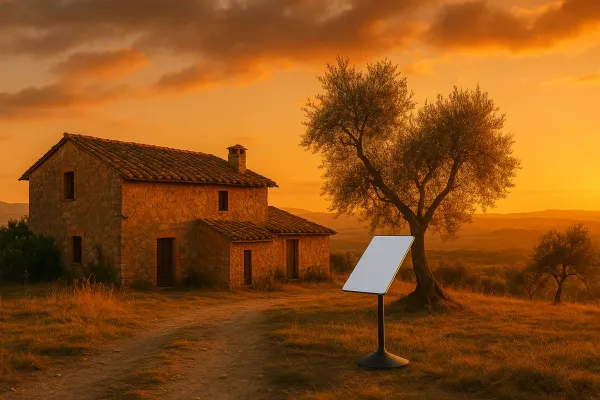Rustic Retreat
Hot Projects
Live broadcasts and documentation from a remote tech outpost in rustic Portugal. Sharing off-grid life, the necessary research & development and the pursuit of life, without centralized infrastructure.
 Subscribe to our new main project Rustic Retreat on the projects own website.
Subscribe to our new main project Rustic Retreat on the projects own website.

Apollo-NG is a mobile, self-sustainable, independent and highly-experimental Hackbase, focused on research, development and usage of next-generation open technology while visiting places without a resident, local Hackerspace and offering other Hackers the opportunity to work together on exciting projects and to share fun, food, tools & resources, knowledge, experience and inspiration.
The expression security = usability-1 can be interpreted in many ways. Either things become far too complicated, so that regular users just don't want to be bothered with them or the amount of energy it takes to complete a security-related task is just insane.
To wipe a 1TB (1024GB) disk with random data or prep a disk for encryption, it takes a little more than 4 days (97 hours) when utilizing /dev/urandom. Who would want to wait 4 days for a supporting task like this to finish? Just considering the energy it takes, to keep the whole system up and running, only to write random data to a disk, clearly demands higher random data bitrates without sacrificing quality. Hardware-RNG's are good alternative but not always available, so you might want to give /dev/frandom a try.
Even the earliest Apollo-NG design drafts already included multiple GPS dependencies for a number of subsystems. Apart from obvious navigation assistance, GPS will also discipline the reference clock module and the 10MHz reference oscillator module GPSDO. The first prototype was hacked around an old Rockwell/Connexant Jupiter TU30-420-031 GPS receiver, found on eBay.
After a long odyssey the Command-Module (CM) named Odyssey finally arrived and will undergo Pre-Launch preps immediately. On her first 600km long voyage, she proved to be a fine ship.